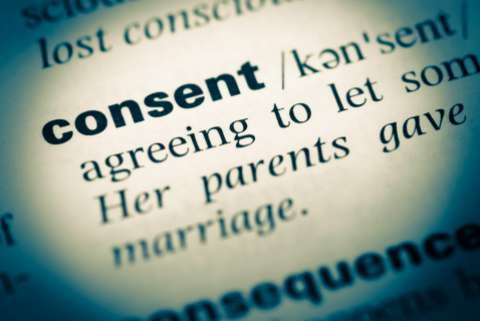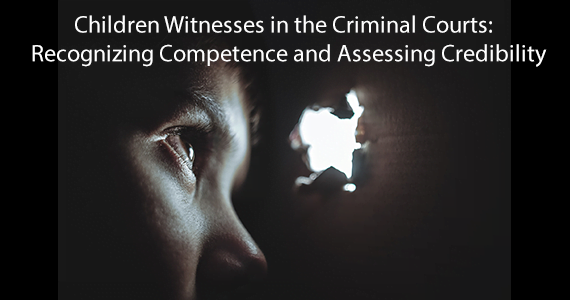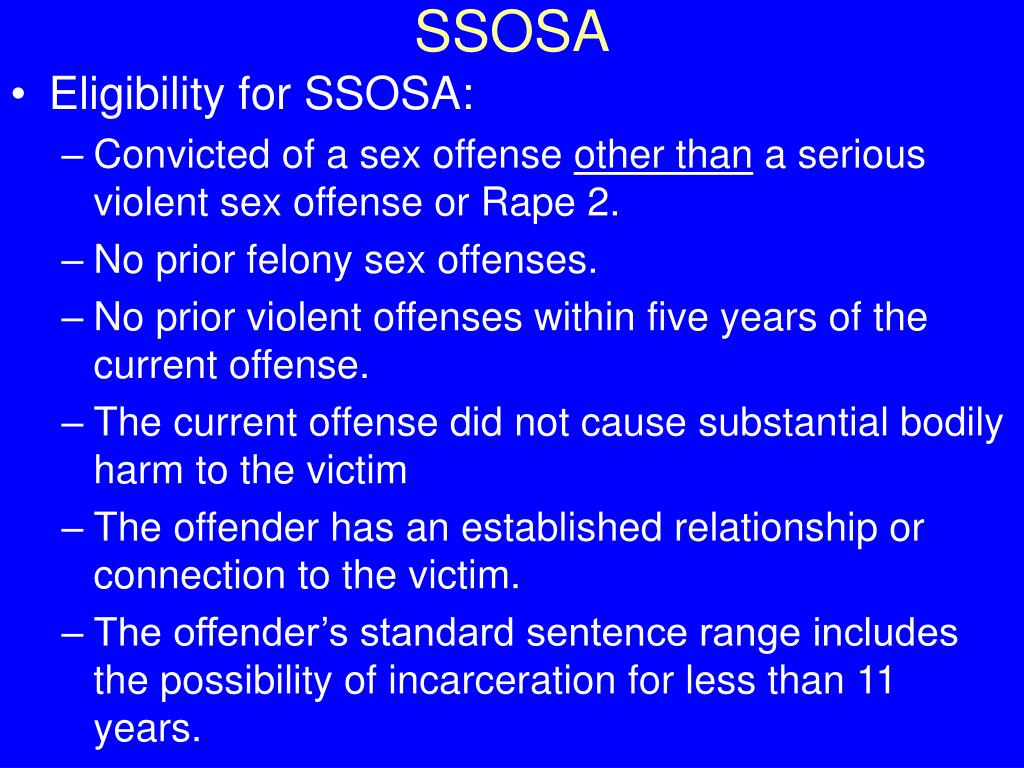
In State v. W.R, J.R., the WA Supreme Court held that it violates due process to make the defendant prove the alleged sexual act in question was consensual when the crime charged is Rape in the Second Degree by Forcible Compulsion.
The defendant, a minor named W.R., was found guilty at his bench trial of Rape in the Second Degree by Forcible Compulsion. The event in question was a sexual encounter between W.R. and J.P. that occurred on January 2, 2011, while J.P. was visiting her aunt, who resided with W.R. and his sister. J.P. was also a minor at the time.
Throughout trial, the juvenile court judge found W.R. lacked credibility. Consequently, the court explained that the State had proved rape in the second degree beyond a reasonable doubt and that W.R. had failed to prove the defense of consent by a preponderance of the evidence.
W.R. appealed, arguing the juvenile court erred in allocating to him the burden of proving by a preponderance of the evidence that the act was consensual.
The WA Supreme Court granted review of the case on this one issue: When the State charges the defendant under a rape statute that includes “forcible compulsion” as a necessary element of the crime, does due process forbid requiring a criminal defendant to prove consent by a preponderance of the evidence?
The court reasoned that once a defendant asserts a consent defense and provides sufficient evidence to support the defense, the State bears the burden of proving lack of consent as part of its proof of the element of forcible compulsion. It analyzed the decision in State v. Camara and other cases which applied a “negates” analysis. In short, the Court held that when a defense necessarily negates an element of the crime, it violates due process to place the burden of proof on the defendant. It stated, “The key to whether a defense necessarily negates an element is whether the completed crime and the defense can coexist.”
Furthermore, the court said other courts have recognized that when a person consents to sexual intercourse, such consent negates forcible compulsion. In addition, the defendant cannot be burdened with proving consent by a preponderance of the evidence, as the burden must remain on the State to prove forcible compulsion beyond reasonable doubt.
We hold that consent necessarily negates forcible compulsion. For this reason, due process prohibits shifting the burden to the defendant to prove consent by a preponderance of the evidence. While the defendant may be tasked with producing evidence to put consent in issue, such evidence need only create reasonable doubt as to the victim’s consent. Our prior decisions in Camara and Gregory are inconsistent with this holding; we thus must explain why these cases must be overruled.
My opinion? Good decision, on many levels. It’s satisfying that the WA Supremes overruled bad caselaw and reasoned their way back to the one of the oldest standards in American jury trial jurisprudence: it is the State, and not the defendant, who carries the burden. Making the defendant carry this burden violates due process.
Although it appears Camara and Gregory tried to carve out an exception to this general rule in much the same way a defendant must prove self-defense by a preponderance of the evidence if charged with Assault, making a defendant prove consent in rape and sex cases is far too difficult to prove. This is especially true when the Rape-Shield statute suppresses information about a victim’s past sexual history. Good decision, WA Supremes.
Please contact my office if you, a friend or family member are charged with a crime. Hiring an effective and competent defense attorney is the first and best step toward justice.














